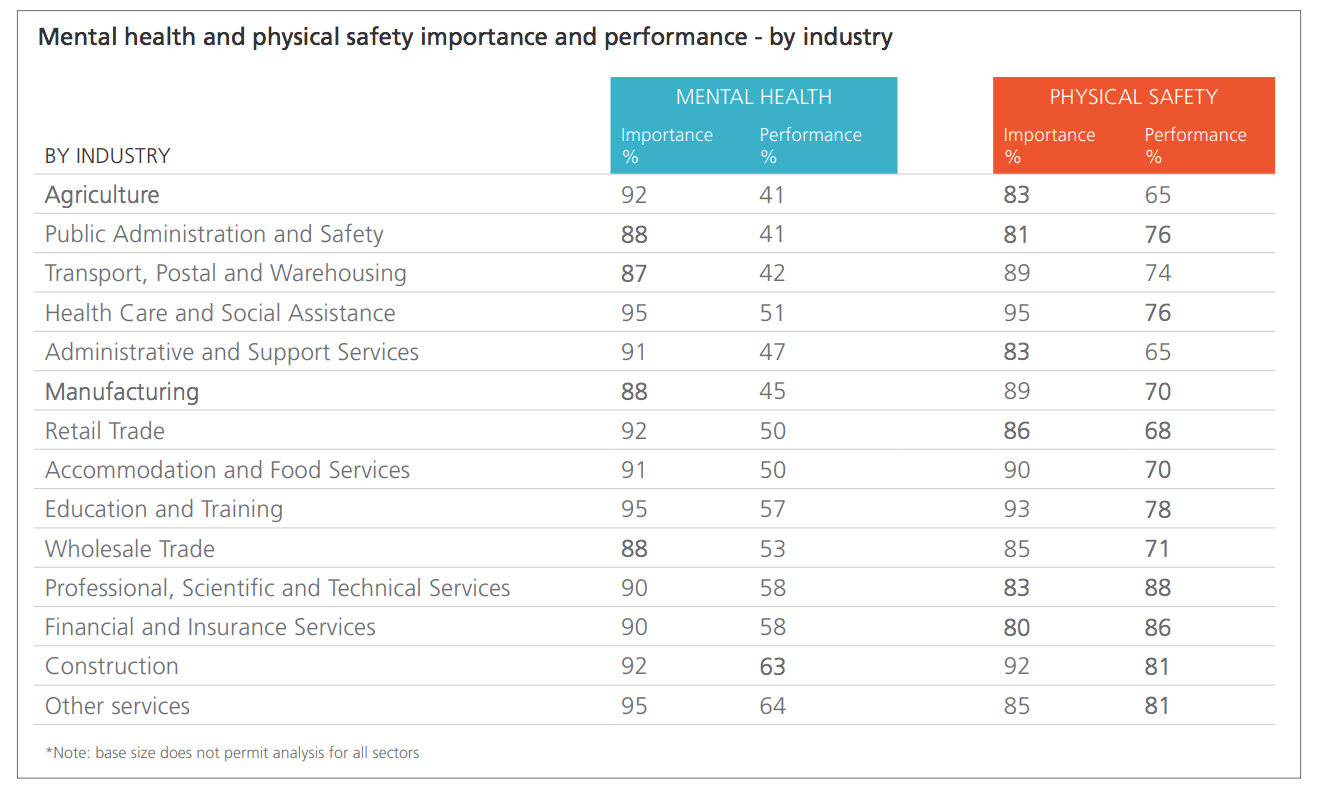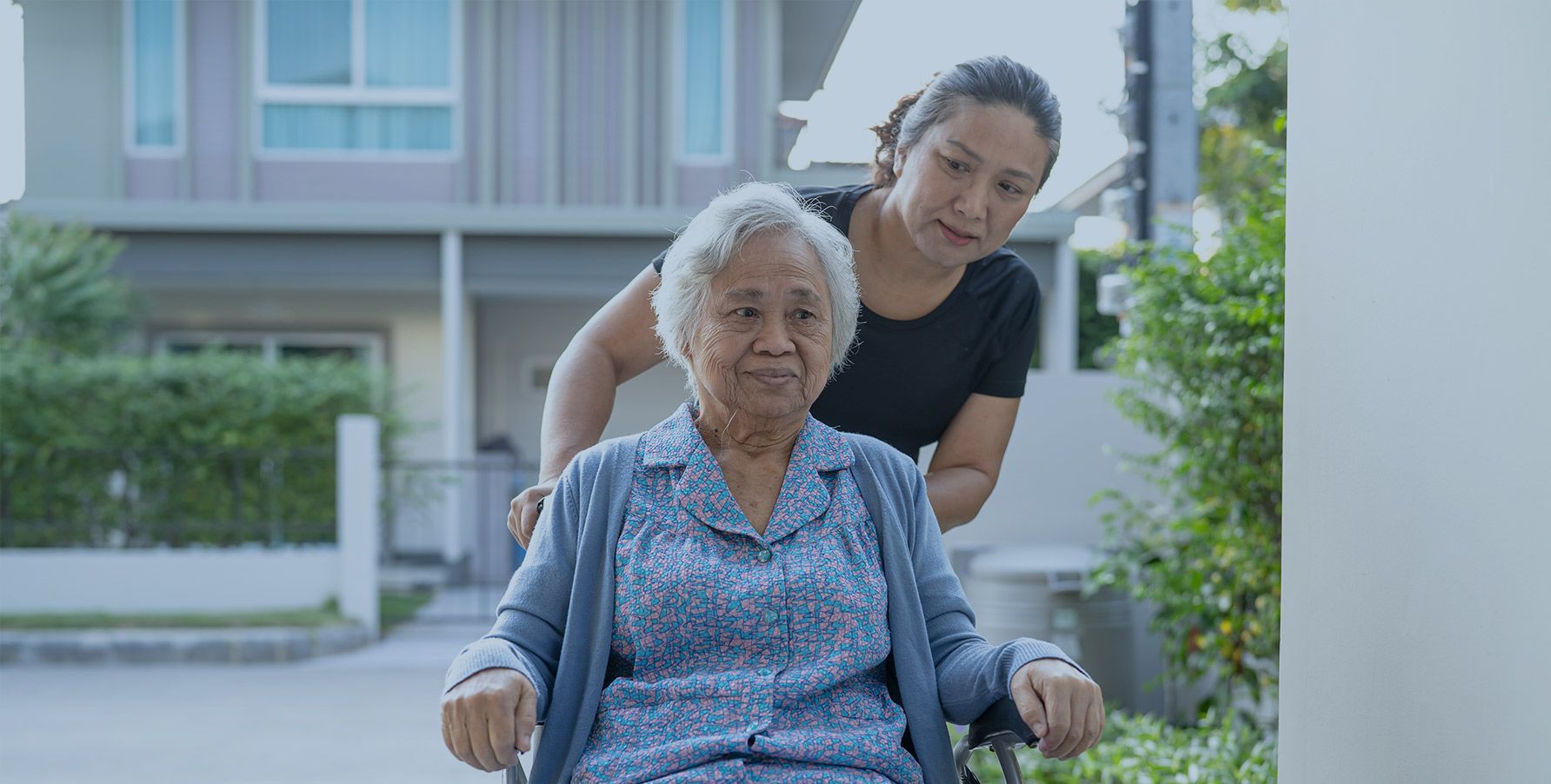How to Prepare for the Future of the Aged Care Workforce
- Employing individuals who are the right fit
- Building our workforce in rural, regional and remote areas
- Staff wellbeing and productivity
Employing individuals who are the right fit
Most roles in the Aged Care Services sector require people skills. This means a desire to work with people and the ability to get along with people. People skills are the tools you use to communicate and interact effectively with others. Individuals with strong people skills are able to predict behaviour, relate to others and interact with others easily.
In the Aged Care Sector I believe the following attributes are also important:
- valuing helping and improving an individual’s wellbeing
- genuine desire to make a difference to the health of others
- liking variety and enjoying a challenge
- being organised and working as part of a team
Many of these behaviours ultimately need to be observed on the job, which is why the role of reference checking is such a critical element of your recruitment process.
Building our workforce in rural, regional and remote areas
Recruitment and retention systems must be provided to the workforce in rural, regional and remote areas, along with comprehensive support and professional development for staff.
Covid-19 has accelerated the acceptance of online learning and provides a greater opportunity for all Australians in more remote areas to access training and resources that may have previously only been available by attending conferences and in real life events. This learning and development trend is likely to continue and improve.
ACSA is dedicated to supporting the aged care services industry to have ready access to a range of practical and relevant Training and Professional Development options.
Communities also need to continue to review and develop their plans to provide a supported pathway into courses, scholarships and mentoring to attract school leavers and community members into relevant Aged Care Sector courses.
Staff wellbeing and productivity
Mentally healthy workplaces are as important to Australian employees as physically safe workplaces. However, the State of Workplace Mental Health in Australia report by TNS Research for Beyond Blue reported that workplaces are not meeting their expectations.
Key findings of this report included that only 52% of employees believe their workplace is mentally healthy compared to 76% for physical safety and only five in ten (56%) believe their most senior leader values mental health. The specific results for the Healthcare and Social Assistance sector are listed in the table below.
The survey found that when mental health is valued by leaders there are real benefits to the business:
- mentally healthy workplaces are important to workers (91% agreement among employees, 89% among leaders)
- a widespread perception that organisations that value mental health are likely to be more productive (72% agreement among employees, 71% agreement among leaders)
- organisational leaders who focus on mental health in the workplace inspire respect among employees (65% agreement among employees).
Strategies and resources to support the mental health and wellbeing of Australian workers are now readily available and the opportunity is for leaders to support the mental health of their teams to ensure a productive and safe work environment.
Providing your staff with a Mental Health toolkit supports their individual wellbeing and the overall wellbeing of your business. The Mental Health toolkit from blackdoginstitute.org.au includes:
- a complete overview of what mental health means
- detailed information on stress, depression and anxiety in the workplace
- best practice advice on seeking help and tips on supporting others
- information on wellbeing and staying well at work
- links to helpful videos, websites and online tools
This evidence-informed workplace mental health toolkit is a practical guide for Australian workers to assist in the understanding of common mental health issues in the workplace, and provides strategies and resources to support those who may be experiencing a mental health condition.
It is my hope that there continues to be a proactive move by leaders to provide both interventions and wellness programs to assist all of their staff’s wellbeing.
Thank you for taking the time to read this article. If you'd like to receive my monthly newsletter, please sign up here.

CONTACT FORM
We will get back to you as soon as possible.
Please try again later.
Powered with 💛 by Shazamme





